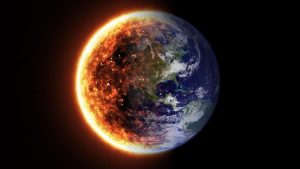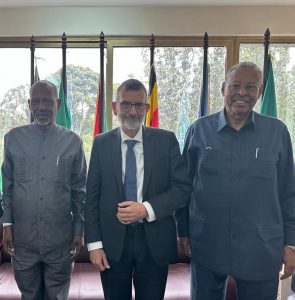North Korea is facing a food shortage of around 860,000 tonnes this year, the UN’s Food and Agricultural Organisation forecast, warning the country could experience a “harsh lean period” as early as next month.
The impoverished country, which is under multiple sets of international sanctions over its nuclear weapons and ballistic missile programmes, has long struggled to feed itself, suffering chronic food shortages.
Also read: Little boy scolds unmasked tourists on crowded Dharamshala streets. Watch
Last year, the coronavirus pandemic and a series of summer storms and floods added yet more pressure on the flagging economy, and Pyongyang admitted last month it was tackling a “current food crisis”.
North Korea is projected to produce a ‘near-average level’ of 5.6 million tonnes of grain this year, according to the FAO report, which had a reference date of Monday.
Also read: WHO says drugs that block immune system overload reduce COVID deaths
That is around 1.1 million tonnes short of the amount needed to feed its entire population, the report added, and with “commercial imports officially planned at 205,000 tonnes”, North Korea will likely face a food shortage of around 860,000 tonnes.
“If this gap is not adequately covered through commercial imports and/or food aid, households could experience a harsh lean period from August to October,” it said.
But Pyongyang shut its borders in January last year to protect itself against the pandemic, and as a result trade with Beijing — its economic lifeline — has slowed to a trickle while all international aid workers have left the country.
Also read: Pfizer’s COVID vaccine provide protection against severe illness in Israel: Report
A series of typhoons last summer triggered floods that destroyed thousands of homes and inundated farmland.
North Korean leader Kim Jong Un has made rare references to the hardship in recent months, saying the food situation was getting “tense” and warning the people to prepare for the “worst-ever situation”.
North Korea suffered from a nationwide famine in the 1990s, which killed hundreds of thousands of people after the fall of the Soviet Union left it without crucial support.





